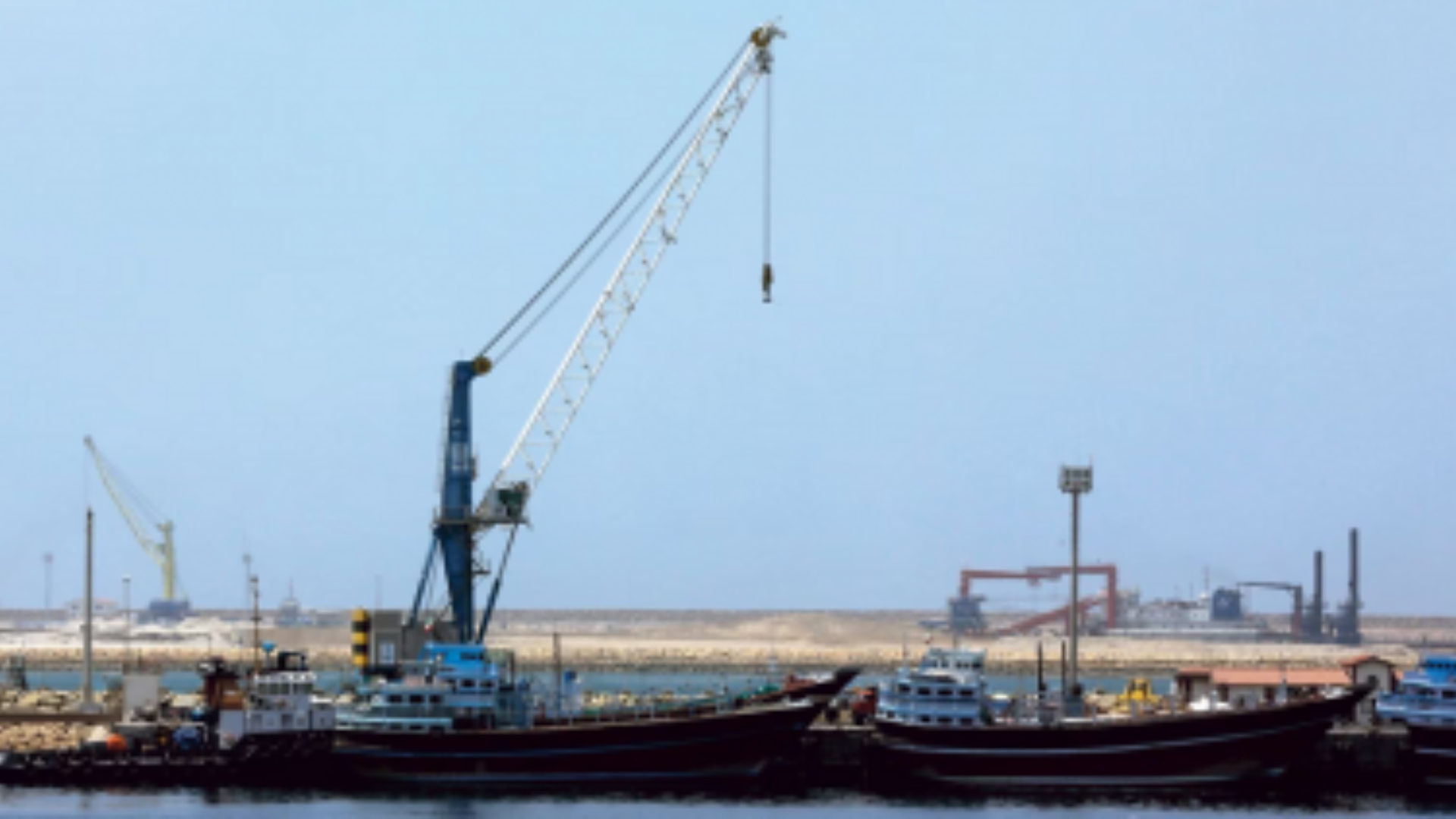Amidst the ongoing general election, India recently signed a 10-year agreement with Iran to manage Chahbar Port on Monday, marking its first overseas port management venture.
Underscoring India’s strategic interest as Chahbahar serves as an important link to Afghanistan, Central Asia, and the larger Eurasian region.
🇮🇳🇮🇷| Scripting a new chapter in bilateral partnership!
Minister @shipmin_india & @moayush @sarbanandsonwal witnessed the signing of the long-term contract for the operation of the Shahid Beheshti Port in Chabahar, between India Ports Global Ltd. & Ports and Maritime… pic.twitter.com/hUddkyQrkE
— Randhir Jaiswal (@MEAIndia) May 13, 2024
This significant development has the potential to generate huge regional changes. As it potentially establishes India as a main player in this region and at the same time, it balances China’s Belt and Road Initiative and Pakistan’s Gwadar port.
How This Agreement Impacts China’s Belt & Road Initiative & Pakistan’s Gwadar Port
Serving as potential crucial connectivity link to Afghanistan, Central Asia, and the broader Eurasian region, this port will serve as a counterbalance to Pakistan’s Gwadar port and China’s Belt and Road Initiative.
By connecting Chabahar with the International North South Transport Corridor (INSTC) in future, which connects India to Russia via Iran, this allows India to effectively bypass India and gain the access of Afghanistan and Central Asia.
This agreement also extends benefits to India’s central Asian neighbours like Kazakhstan and Uzbekistan.
By leveraging Chahbahar as gateway to Indian ocean region. It opens new avenues for economic growth and regional cooperation for India.
It remains to be seen how India makes use of this agreement.























